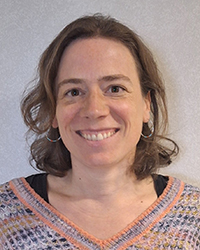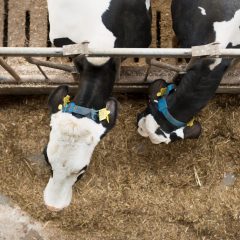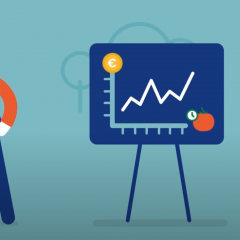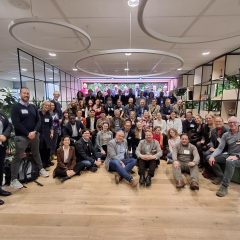Research project Extracurricular STEAM project on sustainable technology and food systems for (young) people: Stem&Vork
General introduction
Through an extracurricular STEAM model of action learning, the STEM&VORK project aimed to reconnect young people and (young) adults with producing and understanding their food through digital and sustainable food systems. STEAM, short for Science, Technology, Engineering, the Arts and Mathematics, is an educational approach that uses various access points for guiding student inquiry, dialogue, and critical thinking. The STEM & VORK project has the ambition to develop STEM-approaches to work towards a more sustainable local food system. Using open-source use of intelligent sensors, robotics, AI and big data, we aim to create new forms of urban agro-production for a local, resilient and fair food system.
Research approach
Action learning takes center stage. The STEM & VORK project offers two linked trajectories that build on a series of introductory workshops. In the first pathway "Atelier Carrotier" a vegetable garden is created using a farmbot which is built and programmed by the participants. Many elements are discussed: from permaculture and aquaponics to 3D design and building your own instruments for testing, ultimately resulting in your own fresh vegetables and fish. In the second track, "Atelier Biosystems", participants actively learn how ecosystems and micro-organisms can help to design sustainable systems for own nutrient cycling, waste processing, water purification and biosensing.
Relevance/Valorization
With STEM & VORK, the researchers have been pushing the envelope in engaging a more diverse and intergenerational range of participants within the theme of developing sustainable food systems. A variety of different ways of inquiry-based learning and the explicit use of "real life" experiences were used, in order to discover in this way which (new) aspects and insights emerged that were considered useful and/or interesting by the young people.
Several workshops were organized, each focusing on 1. close cooperation between the field, educational institutions, volunteer organizations, non-profit organizations, etc. 2. making a complex theme as accessible as possible, 3. creating the lowest possible threshold for participation. 4. introduce digital techniques 5. raise awareness about food and the origin of food. All in all, the participants were enthused and engaged. ILVO provided workshops on the farmbot, the use of drones in agrifood, the use of sensors in mushroom cultivation, etc. In addition, the serious game 'farmer's mind' was developed, in which players figuratively stand in the boots of a farmer and have to manage their own farm. In doing so, they have to take into account fluctuating demands, legislation, consumer demand, etc., while also keeping an eye on their social, ecological and financial scores.







